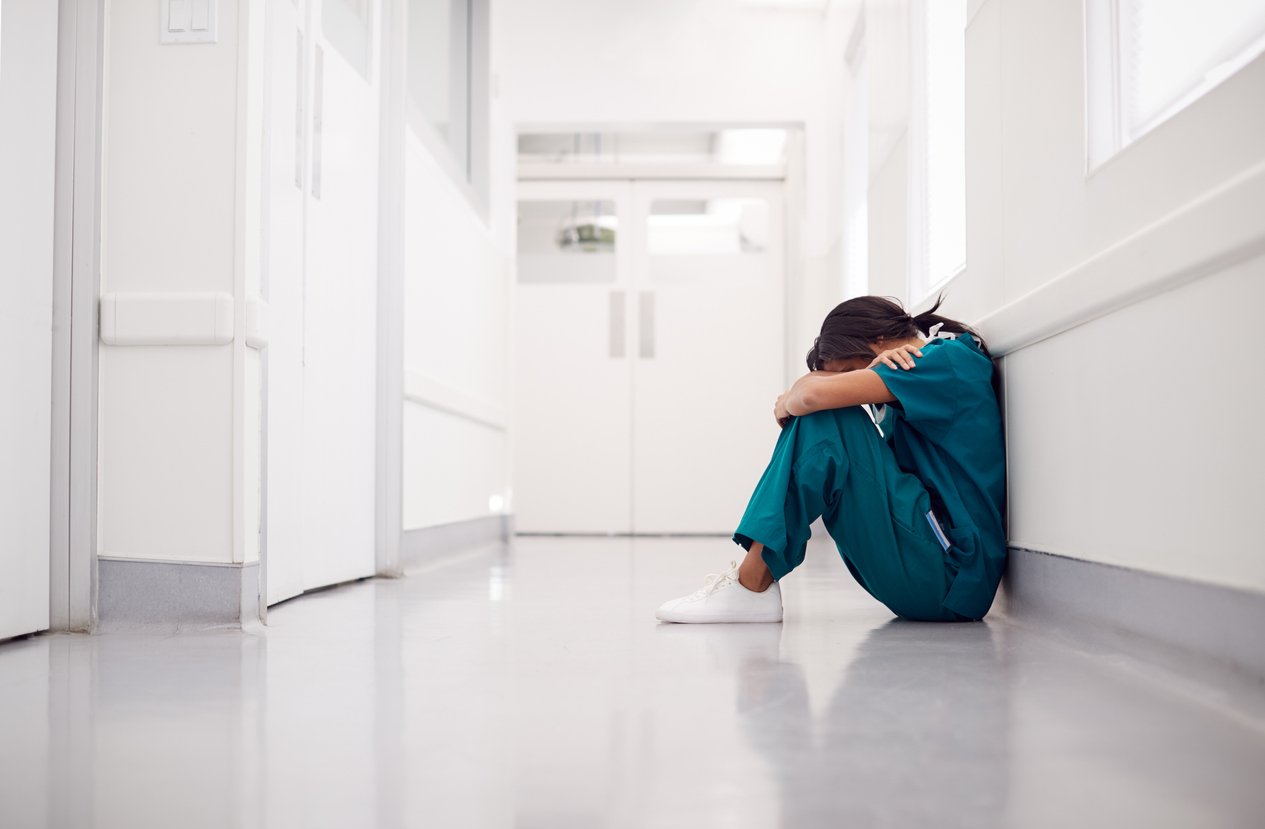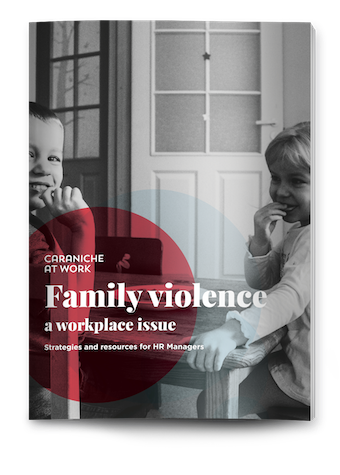
Many people have been affected by the threat or experience of bushfires this summer. These events, for obvious reasons, can impact our wellbeing and trigger complex emotions in individuals, groups and communities. Here are some ways we can support ourselves and others at this time.
How we react to trauma
It’s normal to experience a range of physical and psychological reactions during a traumatic event like a bushfire. Some people’s reactions can even be a re-experiencing of trauma, stirring up feelings and emotions from previous events, whether provoked by visual cues in the media or hearing stories from nearby communities.
It’s important not to compare your reaction to anyone else’s during a traumatic event. We’re all different. Eventually, everyone will find his or her own way of coping. But it can be helpful to understand some of the common reactions and responses – so you know what to expect in yourself and others.
Common reactions and responses
Here are some very typical reactions to abnormal events.
Physical – headaches, upset stomach, sleeplessness, chest pain, irregular heartbeat, high blood pressure, weight gain or loss, asthma, sweating, shaking, shortness of breath, muscle tension or pain.
Behavioural – restlessness, apathy, isolating oneself, easily irritated, feeling detached, loss of interest in activities, increased use of alcohol and other drugs, low motivation, poor concentration, avoidance or obsession with media, losing one’s temper, overreacting.
Thinking – nightmares, flashbacks, focusing on and reliving the event, difficulty making decisions, poor judgement, feeling a lack of control, unable to understand one’s emotions, thinking you are going crazy, desire to run away or escape.
Emotional – sadness, loss, shock, disbelief, anxiety, fear, anger, panic, frustration, depression, guilt, helplessness, vulnerability, numbness, withdrawal, disorientation, paranoia.
How to take care of yourself
It’s important to acknowledge – rather than deny – strong emotions. This can make a huge difference to how we recover. Seek support from others, both physical and emotional, and talk about your feelings with those who understand or share a similar experience. Thinking and talking about the experience can help you come to terms what with has happened.
Looking after yourself is also important – and a priority.
Ultimately though, give yourself permission to feel unsettled. Our reactions to traumatic events can be wildly different but they’re all normal. Be wary of labelling yourself as abnormal and remember this is temporary – our emotions can change in a day or a week, month or year. You might like to journal or keep a diary to help process your emotions along the way.
How to help others
In times of trauma, it’s important to listen to the needs of others and reassure each other that you are safe. Don’t take it personally if someone wants to be alone or seems angry. Offer your support, so they know it’s available when they need it, and suggest helping with practical tasks like cleaning, cooking, childcare or organising things.
Try to offer empathy rather than advice. Instead of saying ‘put it behind you’ or ‘things could be worse’; just listen. For people who have lost their homes this is especially important. Well-meaning comments about having survived a bushfire can create stigma around grieving for possessions and the security of one’s home.
By saying that we are sorry, showing that we are willing to understand and here to help – whatever that means for them – we give people a choice in how they manage their own recovery. The value in leaning on those around us, during times of crisis, cannot be underestimated.
Need support?
It’s important to remember you are not alone.
Medicare rebated distress counselling and mental health support for individuals, families and communities is available via the Bushfire Recovery Access Program. For more information please call the public health information hotline on 1800 004 599.
Mental health workers are being deployed to bushfire recovery centres immediately, and additional counselling and psychological sessions will be available from 17 January 2020 until December 2021.
Other government support services can be accessed via Disaster Assist and the National Bushfire Recovery Agency.
In partnership with the Red Cross, the Australian Psychological Society (APA) has developed a psychological first aid guide to support people affected by disaster.
The APA also offers information sheets on different topics to help people prepare and recover from bushfires. You can download these information sheets here:
Help is also available through:

Many of the new tech based EAPs have been making inaccurate claims about traditional EAPs as part of their marketing and promotion.
Read more
Moral injury in the workplace can negatively impact our psychological wellbeing and mental health. Here’s why it matters.
Read more
When choosing how to cultivate wellness in the workplace, it’s never been more important to take an organisation-wide approach. Here’s why.
Read more
Australian workplaces are waking up to the impact of family violence. Caraniche at Work has developed a free report for HR Managers who want to take the lead.